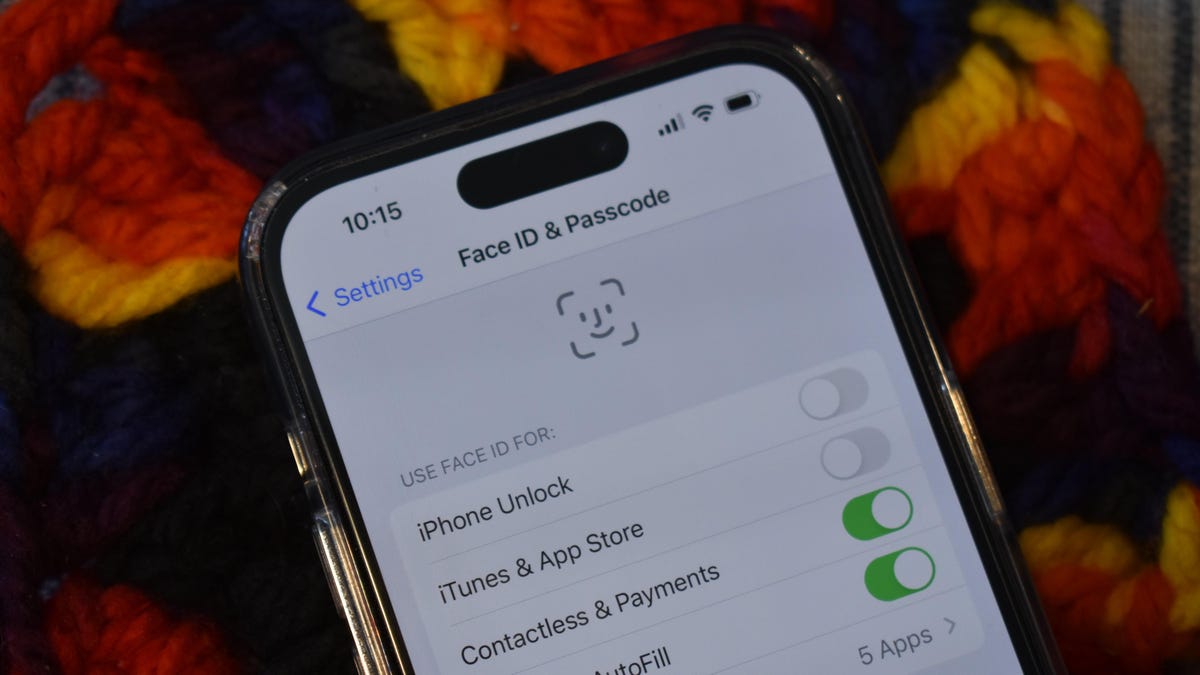Privacy Concerns with Biometrics and Police
In a recent ruling, the 9th Circuit Court of Appeals in California determined that state highway police were within their legal rights to unlock a suspect’s phone using their fingerprint. The case, United States v. Jeremy Travis Payne, revolved around the forced unlocking of Payne’s phone after a drug bust. The court panel concluded that the officers did not violate Payne’s constitutional rights by using his thumbprint to unlock the device.
While the ruling may seem limited in scope, it raises significant questions about the use of biometrics, particularly in situations where individuals may interact with law enforcement. The convenience of biometric authentication is undeniable, offering a quicker and often more seamless way to access devices. However, the implications of this practice, especially for groups at higher risk of police encounters, are profound.
Legal and Ethical Implications of Biometric Unlocking
The court’s decision in Payne’s case highlighted unresolved legal issues regarding the compelled use of biometrics in unlocking devices. While the ruling was specific to the circumstances of the case, it underscored the ongoing debate around the 5th Amendment and biometric data.
One key aspect of the case was Payne’s parole status at the time of the incident, which added a layer of complexity to the legal analysis. Despite his parole agreement requiring him to provide passcodes for his devices, the explicit mention of biometric data was absent. The court deemed the use of Payne’s thumbprint as lawful, likening it to other forms of non-testimonial evidence collection.
Experts in digital rights and privacy have cautioned individuals, particularly those likely to engage with law enforcement, about the risks associated with biometric unlocking. The Electronic Frontier Foundation has provided guidelines for protecting privacy during protests, advising individuals to disable biometric authentication features before attending such events.
Addressing Privacy Concerns
Andrew Crocker, Surveillance Litigation Director at the EFF, emphasized the need for caution when using biometric unlocking methods. While biometrics offer convenience, they may not provide the same level of legal protection as traditional passcodes. The legal landscape surrounding biometrics and law enforcement encounters remains uncertain, leaving individuals vulnerable to potential data breaches.
As cases of law enforcement accessing phones and digital information continue to surface, the need for enhanced privacy measures becomes evident. Encryption of apps and messages, coupled with the use of strong passcodes, can offer greater protection against unauthorized access.
While the law evolves and court decisions shape the landscape of digital privacy, individuals are encouraged to exercise caution and consider the potential risks associated with biometric authentication. Until a more definitive legal consensus is reached, safeguarding personal data remains a complex and ongoing challenge.
Image/Photo credit: source url





